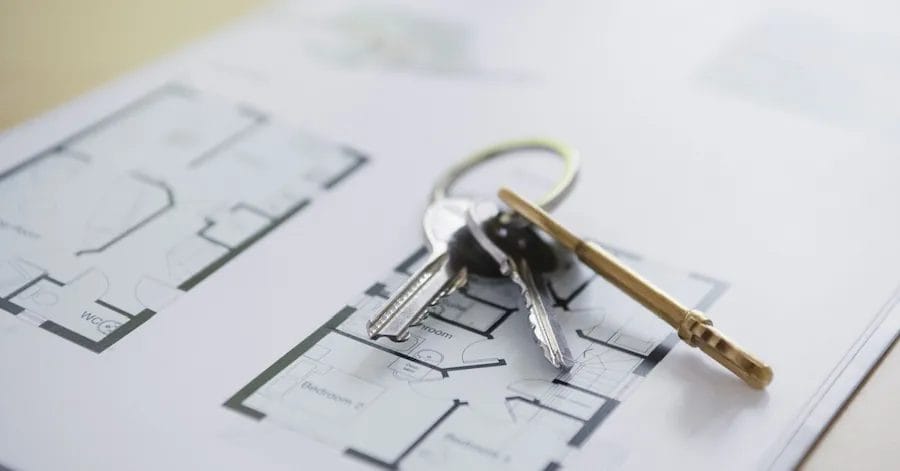Loan-to-value ratios (or LVR) rules constantly change in New Zealand, affecting the deposit you need to purchase a property. The required deposit differs from standard owner-occupiers and property investors. Mortgage Masters is an Auckland mortgage company that helps property investors find the ideal mortgage to help them achieve their investment goals. Below, we look at current rules around deposits and LVR restrictions for investors.
Current Deposit Requirements for Investment Properties
LVR restrictions were reinstated in early 2021 to try to cool down the NZ property market. The major change was for investment properties where the maximum you can borrow changed from 80% to 60% in most circumstances. This means to get a home loan Auckland property investors require a 40% deposit for a home loan. The same rules apply for an Auckland commercial property loan.
Why Do LVR Rules Change?
The Reserve Bank and major lenders use LVR restrictions as a lever to reduce or increase the required deposit amount and finance available to the public. This can alter the heat of the market and cause frustration among some investors but is oftentimes beneficial compared to increasing interest rates.
What Properties are Exempt?
While you need a 40% deposit for existing properties as an investor buyer, newly built investment properties are exempt from the LVR restrictions. This means to get a home loan Auckland investors only need a 20% deposit, even 10% in certain situations. This can make a significant difference.
For example, purchasing a newly built $500 000 investment property will require a $100 000 deposit compared to $200 000 for an existing property. Most lenders define newly built as a property with the Code of Compliance Certificate (CCC) is less than 6 months old and purchased directly from the developer.
Using Equity for Property Investment
If you already own a property, you might be able to use some of the equity you’ve built up in it as a deposit on an investment property. This can help investors manage the higher deposit amounts required. Equity is the difference between the current value of your property and how much you owe on it. For example, if your house is worth $500 000 and you owe $300 000 on your home loan, you have $200 000 in equity. You build up equity as you pay your mortgage or if the property rises in value.
You can’t use all the equity from your house. Lenders often want you to leave at least 20% of the value of your property. Depending on the circumstances, however, you may be able to use some of the equity for a deposit on an investment property. Your lender will also consider factors like your income and potential rental income from the investment property.
Get a Free Consultation from Our Auckland Mortgage Company
At Mortgage Masters, our independent advisors can provide you tailored advice on mortgages for property investors, including requirements around a commercial property loan and how to find the best loan structure for your investment property. Get in touch today for a free consultation.

















